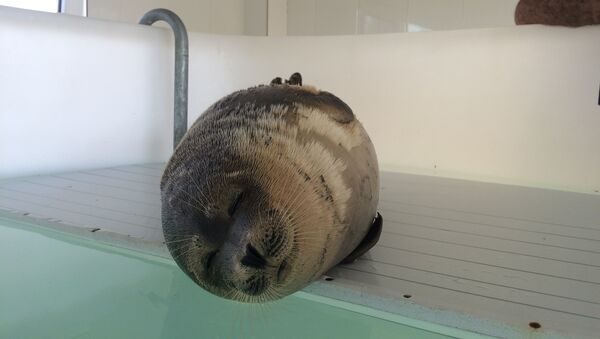"Historically, Caspian seal hunting is not widespread in Iran, which provided the foundation to begin the process of conserving this species from extinction in the whole Caspian," Shirazi said.
After returning from zoology studies in the Netherlands several years ago, Shirazi and his colleagues carried out a study to identify the key issues facing the seal species, and a plan to increase their population.
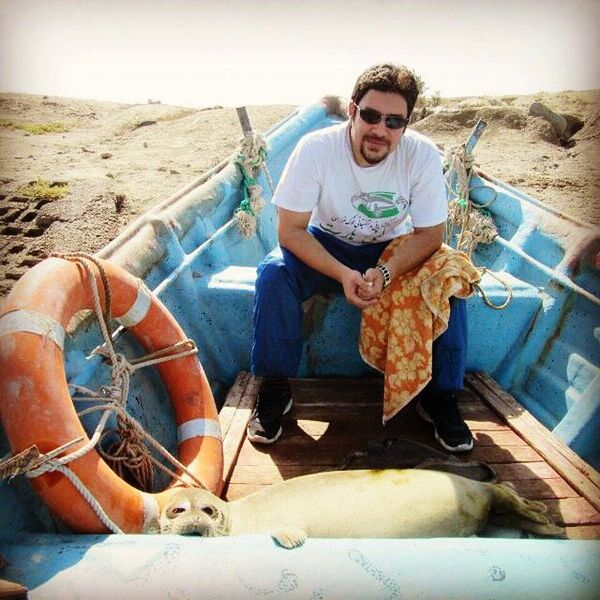
Caspian seals are one of the smallest seal species, and they feed on a diet of Gobies, Kilka, Silverside and shrimp. Environmental hazards such as hunting, pollution and disease have caused their population to reduce drastically in recent years. At the end of the Soviet Union, there were around one million individuals, but now there are only about 100,000.
"We came to the conclusion that the population remains largely in the south-eastern part of the Caspian, in the Iranian and Turkmen regions. That is where we opened the rehabilitation center, on the island of Ashuradeh, not far from the (Iranian) port of Torkaman," Shirazi said.
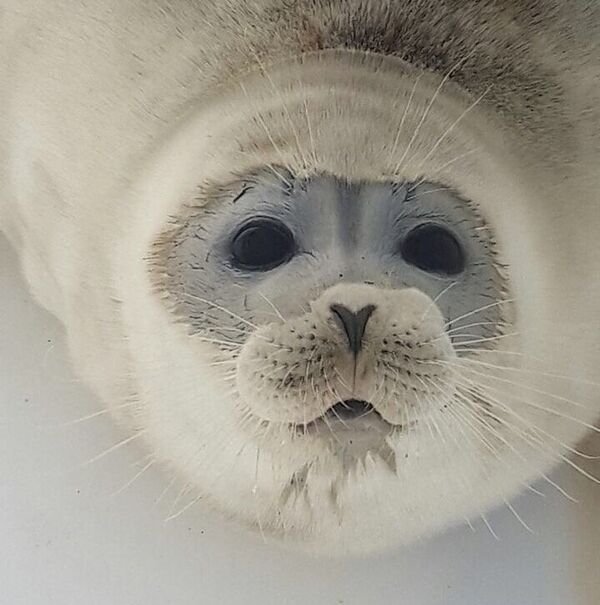
"We managed to get the support of our Dutch colleagues, and Iranian patrons, and gradually things got moving."
The center has gained attention in Iran for its natural and successful approach to conservation, and so far it has a 100 percent success rate in rehabilitating the seals which arrive at the center – so far there have been 74, who were all released back into the wild.
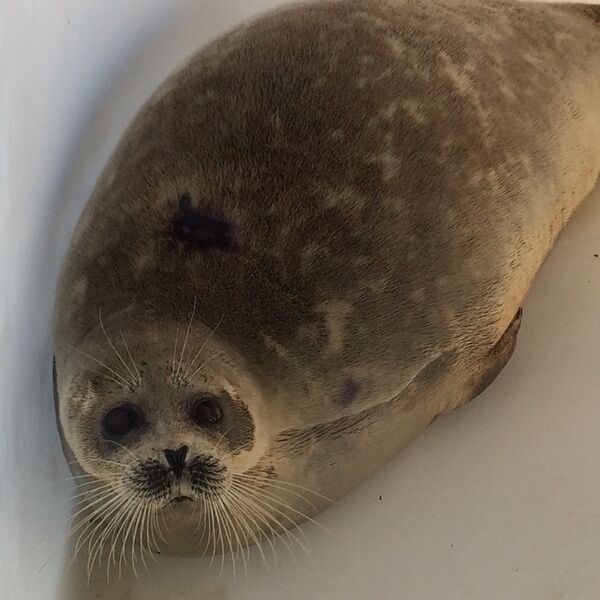
The Iranian project has gained the support of the other four Caspian Sea nations too: they are Azerbaijan, Kazakhstan, Russia and Turkmenistan. The center wants the Caspian seal to be included in each country's "red book" of rare and endangered species.
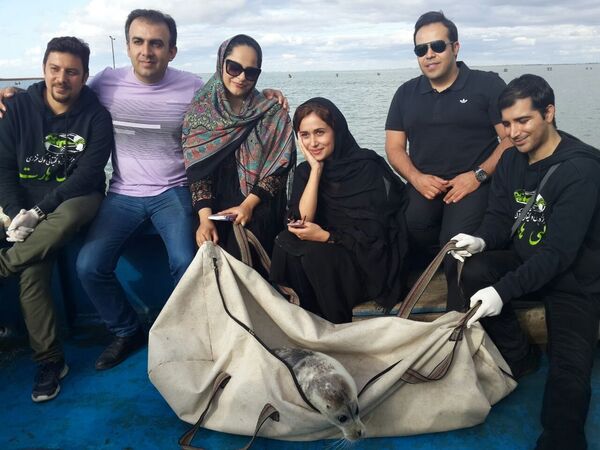
"There is also an agreement with the Russians to open a rescue and rehabilitation center in Dagestan, similar to ours. We are making every effort to share our experience with our Russian colleagues on this issue. Two such centers in the region is a great contribution to overall success."
